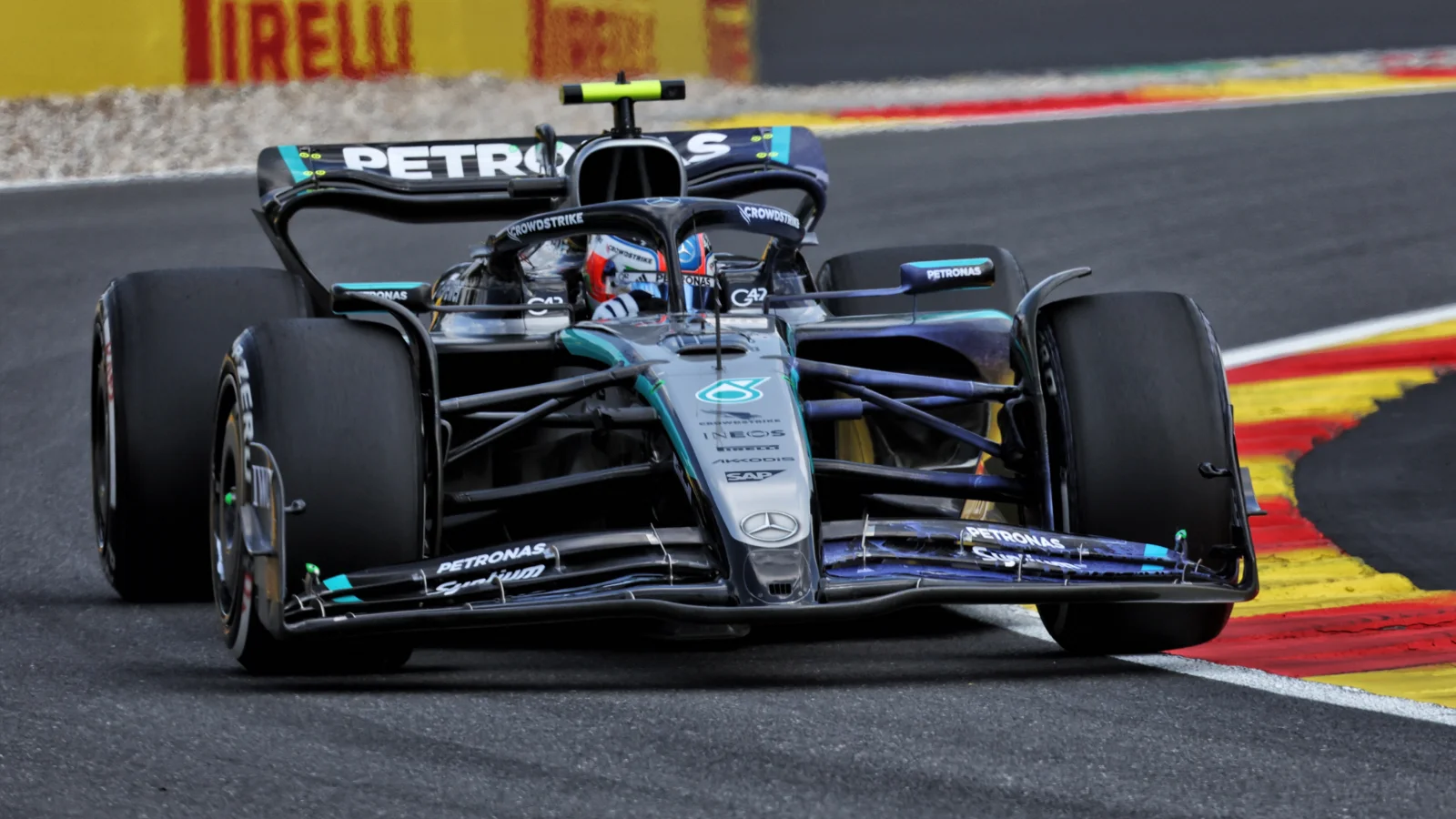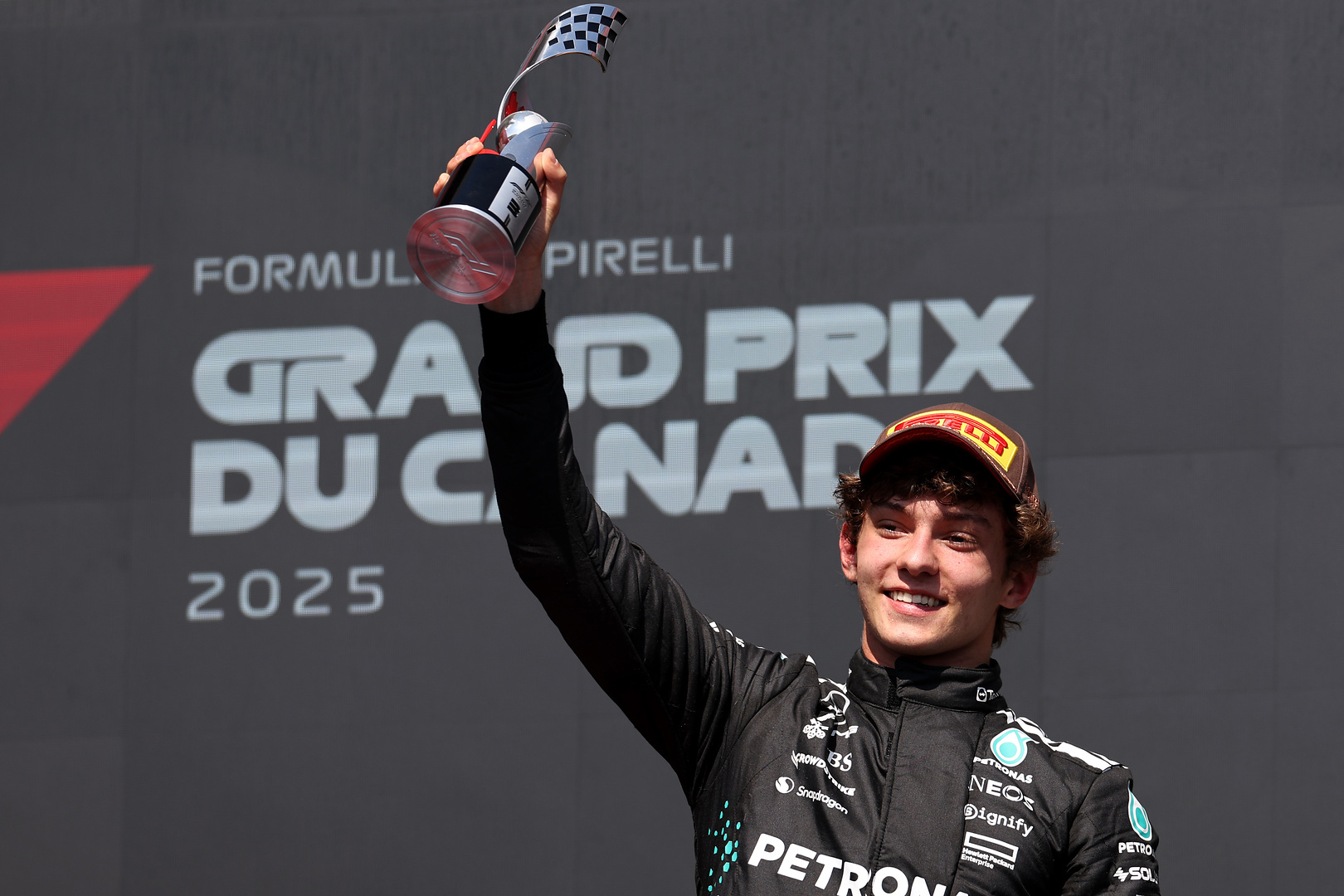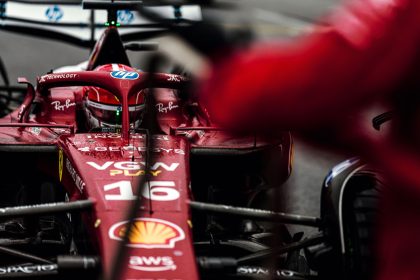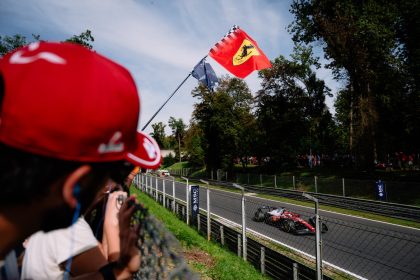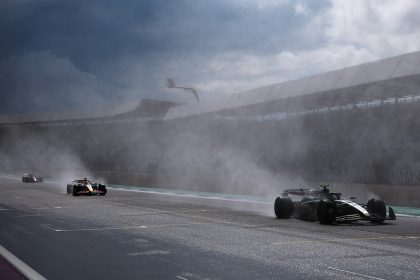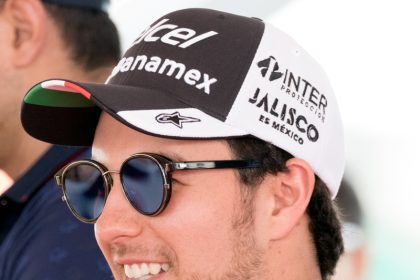The Weight of Expectation: Kimi Antonelli, Spa’s Shadows, and the Rookie’s Curse
If you want to know what pressure looks like, don’t bother with the dictionary—just watch the media pen at Spa-Francorchamps after a sodden, bruising Grand Prix. There, in the half-light of Belgian drizzle, you’ll find Kimi Antonelli, Mercedes’ 18-year-old prodigy, blinking away the sting of disappointment and the flashbulbs of a thousand expectations. Formula 1, as ever, is a sport that eats its young—and this week, the feast was particularly public.
- Baptism by Fire: The Antonelli Experiment
- The Rookie Spiral: History Repeats, Sometimes in Silver
- Spa: Where Dreams Go to Hydroplane
- The Anatomy of a Rookie Season: Success, Failure, and the Long View
- The Human Cost: Burnout, Blame, and the Need for Patience
- Spa’s Other Stories: Triumphs, Tragedies, and the Unforgiving Track
- The Long Game: Mercedes, Patience, and the Future
Baptism by Fire: The Antonelli Experiment
Let’s not mince words: Andrea Kimi Antonelli’s debut season with Mercedes was always going to be a high-wire act. The Italian arrived in Formula 1 with a suitcase full of junior titles, a single season of Formula 2, and the unenviable task of replacing Lewis Hamilton—yes, that Lewis Hamilton—at Brackley. The hype was biblical; the reality, inevitably, more Old Testament.
After a promising start—five points finishes in six races and a podium in Canada—Antonelli’s campaign has veered into the territory of Greek tragedy. Austria brought a collision with Max Verstappen on lap one, Britain a non-score, and Belgium a weekend so wretched it left the teenager visibly emotional in front of the cameras. Failing to escape Q1 in both the Sprint and the Grand Prix, Antonelli’s misery was compounded by the knowledge that every mistake is magnified when you’re wearing the silver overalls.
I can’t imagine what it’s like at 18, or try to imagine what it’s like at 18 to do what he’s been doing. I think he’s been doing fantastic to be thrown in at the deep end at 18. He didn’t even have his driving licence when he started racing, so I think it’s a lot on someone’s shoulders and I think he’s doing a great job.
Lewis Hamilton
But in Formula 1, sympathy is a currency with little purchasing power.
The Rookie Spiral: History Repeats, Sometimes in Silver
If you think Antonelli’s struggles are unprecedented, you haven’t been paying attention. Formula 1’s history is littered with rookies who stumbled under the klieg lights of expectation—especially those thrust into top teams.
Consider Michael Schumacher, who lost a wheel on his out-lap in his 1991 debut, or Juan Pablo Montoya, whose rookie year at Williams was a cocktail of brilliance and calamity. Even Kimi Räikkönen, who joined Sauber with barely two dozen car races to his name, faced skepticism before becoming a world champion. The lesson? The rookie spiral is as old as the sport itself.
Mercedes, for their part, have traditionally been cautious with their young talent. Their junior programme is the envy of the paddock, but direct promotion to the works team is rare. George Russell, for example, served his apprenticeship at Williams before earning his silver stripes. Antonelli’s leap was, by Mercedes standards, a moonshot.
And the statistics are merciless: scoring a podium in your debut season as a teenager is almost unheard of. Only Lance Stroll, at 18, managed it in Baku 2017. Max Verstappen, for all his precocity, had to wait for a mid-season promotion to Red Bull in his second year to taste the champagne.
Spa: Where Dreams Go to Hydroplane
Spa-Francorchamps is a circuit that exposes the soul. This year, it was Oscar Piastri who emerged triumphant, extending his championship lead with a clinical drive in conditions that veered from sun to monsoon. Lando Norris, his McLaren teammate, conceded that Piastri “did a better job”—a rare admission in a paddock not known for humility.
But for Antonelli, Spa was a crucible. Failing to advance beyond Q1, he was left to watch as Hamilton—himself starting from the pit lane—clawed his way to seventh. The contrast was stark, the pressure suffocating.
The rookie’s spiral is not just about results; it’s about the psychological toll. As Autosport noted, Antonelli’s recent downturn in Formula 1 hasn’t entirely been his own making as Mercedes admitted it has taken a wrong direction too. But the Italian teenager will also need the team’s help to uplift his own performances – and there’s one simple way to do it. source
The Anatomy of a Rookie Season: Success, Failure, and the Long View
Let’s put Antonelli’s season in context. The annals of Formula 1 are filled with rookie campaigns that began inauspiciously. Fernando Alonso scored zero points in his Minardi debut, but his talent was unmistakable. Romain Grosjean’s first stint at Renault ended in ignominy; he returned to become a respected midfield stalwart. Even Michael Schumacher’s first race ended in mechanical failure.
On the flip side, there are the prodigies: Lewis Hamilton’s 2007 season remains the gold standard—four wins, twelve podiums, and a title lost by a single point. Jacques Villeneuve nearly won his debut race in 1996. But these are the exceptions, not the rule.
Here’s a table for perspective:
| Driver | Year | Team | Points | Podiums | Wins | Notable Achievements/Context |
|---|---|---|---|---|---|---|
| Lewis Hamilton | 2007 | McLaren | 109 | 12 | 4 | 2nd in WDC, lost by 1 point |
| Jacques Villeneuve | 1996 | Williams | 78 | 11 | 4 | 2nd in WDC, debut pole, nearly won debut race |
| Juan Pablo Montoya | 2001 | Williams | 31 | 4 | 1 | Aggressive, won at Monza |
| Kimi Räikkönen | 2001 | Sauber | 9 | 0 | 0 | Impressive for experience level |
| Max Verstappen | 2015 | Toro Rosso | 49 | 0 | 0 | Youngest ever, standout overtakes |
| Michael Schumacher | 1991 | Jordan/Benetton | 4 | 0 | 0 | Immediate impact, signed by Benetton |
| Fernando Alonso | 2001 | Minardi | 0 | 0 | 0 | Outperformed car, future champion |
| Lance Stroll | 2017 | Williams | 40 | 1 | 0 | Youngest rookie podium, Baku |
The Human Cost: Burnout, Blame, and the Need for Patience
Antonelli’s struggles are not just technical—they’re deeply human. The pressure to perform, the glare of the spotlight, the relentless comparison to legends past and present: it’s a cocktail that would test the mettle of anyone, let alone an 18-year-old. As Hamilton observed, He didn’t even have his driving licence when he started racing.
Mercedes, to their credit, have acknowledged their own missteps. The car has been inconsistent, the strategy occasionally muddled. But the temptation to scapegoat the rookie is ever-present. As the old paddock proverb goes, When the car is slow, blame the driver; when the driver is slow, blame the car.
The real test for Antonelli—and for Mercedes—is what happens next. Will the team rally around their young charge, as McLaren did with Norris, or will the pressure cooker claim another victim?
Spa’s Other Stories: Triumphs, Tragedies, and the Unforgiving Track
While Antonelli’s woes dominated the headlines, Spa was also a stage for redemption and heartbreak elsewhere. Yuki Tsunoda, celebrating his 100th Grand Prix, saw his race unravel due to a pit stop miscommunication, tumbling from seventh to thirteenth.
There was a miscommunication I guess between myself and the team. I requested to switch to the dry tyre, they called me way too late, I unfortunately had just passed the pit entry when they called me. One lap in these kinds of conditions is very decisive; I lost five positions and was stuck behind a bit all the race. That’s it, that was my race.
Yuki Tsunoda
Oscar Piastri, meanwhile, was the weekend’s revelation, executing a perfect pass on Norris to seize the lead and never looking back. Jolyon Palmer’s analysis of the move is worth a watch for any student of the sport: Jolyon Palmer’s Analysis: Piastri’s Perfect Pass in Belgium – F1
The Long Game: Mercedes, Patience, and the Future
Mercedes’ history with rookies is one of caution and calculation. Their junior programme is designed to nurture, not devour, young talent. George Russell’s path—from junior programme to Williams to Mercedes—was the blueprint. Antonelli’s direct promotion was a gamble, and like all gambles, it carries risk.
But the lesson of history is clear: patience pays. Michael Schumacher, Fernando Alonso, Kimi Räikkönen—all endured rocky starts before ascending to greatness. The rookie spiral is not a death sentence; it’s a rite of passage.
As the circus heads to Budapest, the question is not whether Antonelli will struggle again—he almost certainly will. The question is whether Mercedes, and the sport, will give him the time and support to grow. In Formula 1, as in life, the only thing more dangerous than failure is the fear of it.
Waste a bit more time
- Hamilton says Antonelli is ‘doing fantastic’ in F1 despite tough run of …
- Antonelli entering an F1 rookie spiral isn’t unexpected – now is the time for Mercedes to back him
- Yuki Tsunoda blames ‘miscommunication’ for Belgium strategy error that cost him points at Spa
- Jolyon Palmer’s Analysis: Piastri’s Perfect Pass in Belgium – F1
- POWER RANKINGS: Which drivers shone the brightest during Formula 1’s visit to Spa for the Belgian Grand Prix?
- Latest F1 News
